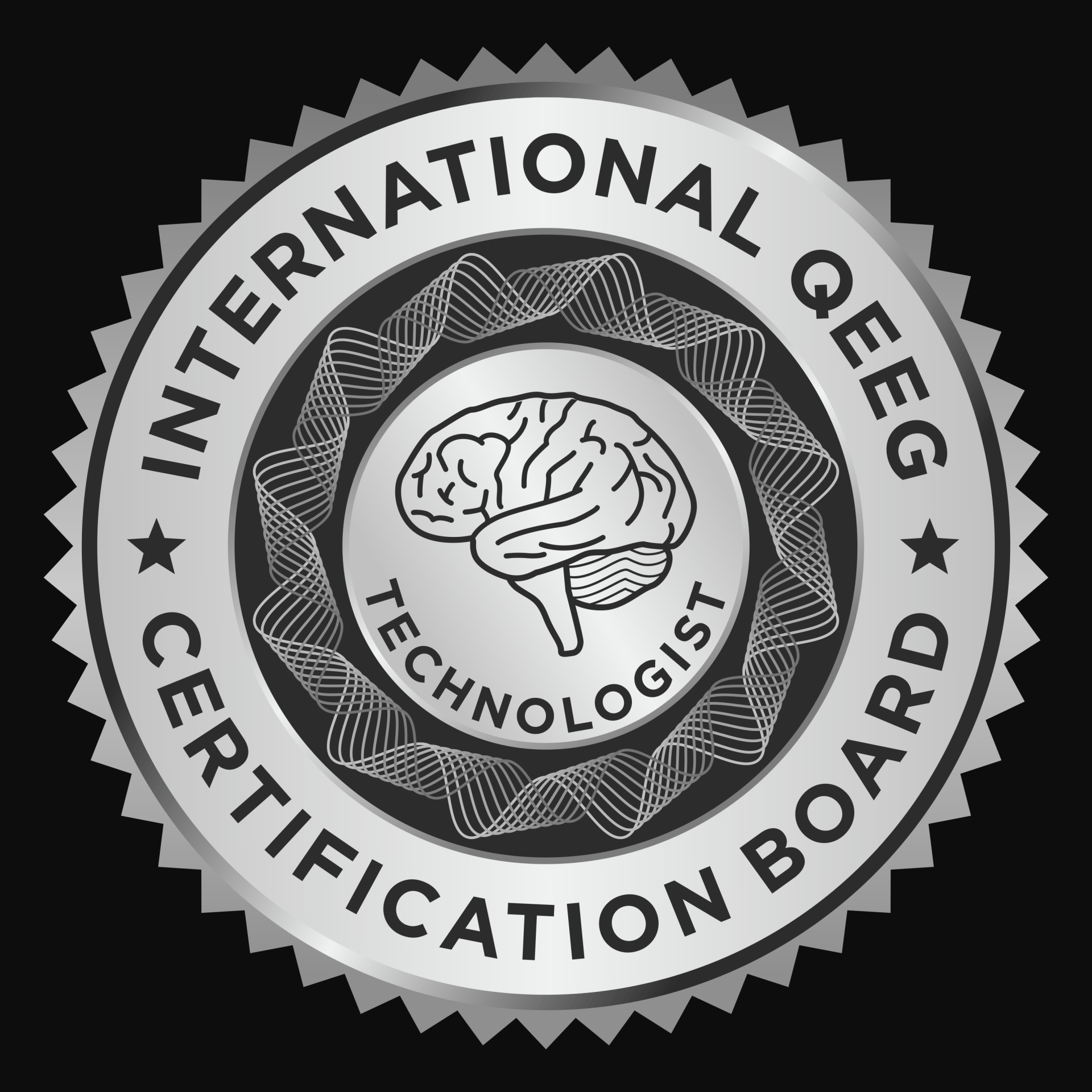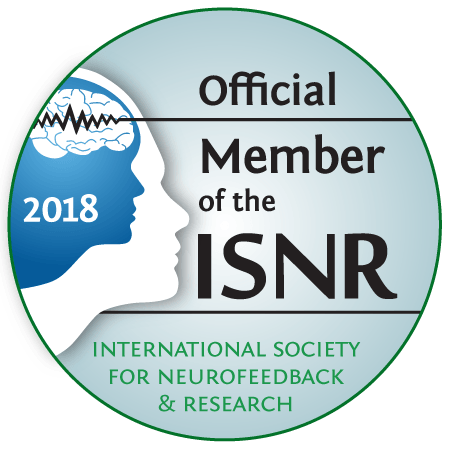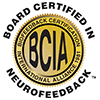ATTENTION DEFICIT DISORDER (ADD/ADHD)
Once simply called Attention Deficit Disorder or ADD, this condition has been renamed Attention Deficit Hyperactivity Disorder
even when hyperactivity is not a component of the patient’s behavior. This has caused some confusion for the public. In order to clarify this here are the 3 subtypes of ADHD:
- Predominantly Hyperactive-Impulsive
- Combined Hyperactive-Impulsive and Inattentive (most prevalent type)
- Predominantly Inattentive (mostly girls)
Hyperactive-impulsive Symptoms:
- Fidgets with hands or feet or squirms in chair.
- Has difficulty remaining seated.
- Runs about or climbs excessively seen in children.
- Extreme restlessness in adults.
- Difficulty engaging in activities quietly.
- Acts as if driven by a motor.
- Adults will often feel inside like they are “driven by a motor.”
- Talks excessively.
- Blurts out answers before questions have been completed.
- Difficulty waiting or taking turns.
- Interrupts or intrudes upon others.
Inattentive Symptoms:
- Fails to give close attention to details or makes careless mistakes.
- Has difficulty sustaining attention.
- Does not appear to listen.
- Struggles to follow through on instructions.
- Has difficulty with organization.
- Avoids or dislikes tasks requiring a lot of thinking.
- Loses things.
- Is easily distracted. Is forgetful in daily activities.
Diagnosis:
There is no one single test that can diagnose ADHD and because it has features similar to other conditions it can be misdiagnosed. In order to be diagnosed with ADHD certain behavioral criteria must be met based on observations made by parents, teacher, and licensed healthcare provider (usually a pediatrician or mental health professional). The behaviors must be present in at least 2 different settings (ex: school, home, work, or recreational activities) and must be present for at least 6 months to an extent that is greater than that seen in their peers. Additionally, symptoms must appear before the age of 12. Written and/or computerized tests may also be used to further support the diagnosis. A thorough physical exam, psychological evaluation, and other tests as needed can rule out disorders that may mimic or contribute to the ADHD symptoms.
Misdiagnosis and Missed Diagnosis:
The inattentive type is often overlooked because they are quiet and can appear to be paying attention when they aren’t. Some inattentive types are simply labeled as a “daydreamer” when in fact they having are trouble maintaining mental focus. On the other hand a child may be diagnosed with inattentive type ADHD when in fact they are really suffering from a type of seizure disorder known as “absence seizures”.
According to the National Institute of Mental Health the average age of ADHD onset is 7. Boys are 4 times more likely to develop this condition than girls and the number of children being diagnosed with ADHD continues to rise.
In May of 2015 the Centers for Disease Control published the results of their study on the prevalence of ADHD for the period of 2011 – 2013. The percentage of children between the ages of 4 – 17 who have ever been diagnosed with ADHD in the United States indicate 13.3% of boys and 5.6% of girls overall. For boys aged 12 – 17 the number ever diagnosed was an astounding 16.3%.
As a side note a number of medical researchers have recently called into question the accuracy of an ADHD diagnosis in children below age 6. This is due to the widely varying rates of behavioral development and lack of valid diagnostic tools to support it in this age group. Notwithstanding that fact the CDC’s report found that one third of children receiving an ADHD diagnosis are below age 6.
To make matters even more confusing, coexisting conditions are frequently present and can mask ADHD. Conditions often accompanying it include anxiety, depression, dyslexia and other learning disabilities, auditory processing disorder, and more. Tourette’s Syndrome and Obsessive Compulsive Disorder (OCD) may have a common genetic link to ADHD according to researchers at Johns Hopkins. Indeed one or both of these conditions can accompany ADHD.
ADULT ADHD
Adult ADHD is becoming recognized with greater frequency. Those who have been struggling with symptoms of undiagnosed ADHD throughout their life are often relieved to have discovered the reason for their difficulties. The symptoms can be a source of marital discord, difficulties at work and with social life. The symptoms in an adult are often different from that seen in children. Examples include: disorganization, chronic lateness and procrastination, angry outbursts, missing deadlines and important events, reckless driving, frequent traffic accidents, poor listening skills, restlessness and trouble relaxing, sleep disorders.
Diagnosing adult ADHD can be difficult because it mimics other conditions such as depression and substance abuse. To be diagnosed there must be evidence of compatible symptoms and behavior patterns appearing in childhood and before age 12. Other possible causes for the patient’s symptoms must be excluded. Screening questionnaires and computerized tests of attention can be very helpful in supporting the diagnosis.
Traditional Treatment For ADHD:
The standard treatment for ADHD is stimulant medication commonly known as methylphenidate (e.g. Ritilan, Concerta, Focalin), amphetamines (e.g. Adderall, Vyvanse) or methamphetamine (Desoxyn). In addition some form of behavioral therapy is recommended. For most patients with ADHD these medications are very effective in controlling the disorder. But there are significant drawbacks.
Recent studies have pointed to the many shortcomings of this approach. In addition to the potential dangers and significant side effects of these medications, the long term effectiveness of both the medications and behavioral therapy have been called into question. Side effects of stimulant medication include increased blood pressure and heart rate, increased blood sugar levels, reduced appetite resulting in uncontrolled weight loss, it is highly addictive with risks for abuse, stunted growth, and insomnia. Even the newer “non-stimulant” medications have their own set of risky side effects including suicidal thoughts, liver failure, mood swings and more. The FDA has recently issued safety warnings regarding this.
Indeed it has been reported that these medications are only effective for 70% – 80% of the patient population. And for those whom the medication does work the benefits tend to decrease over time. It is not uncommon for a given medication’s effectiveness to wear off within 2 years. If the medication is working the benefits disappear shortly after discontinuing it so there is no enduring benefit.
A very famous study examining the effectiveness of the gold standard treatment for ADHD known as the PATS study published in 2013 concluded “Development of more effective ADHD intervention strategies is needed … “.


















